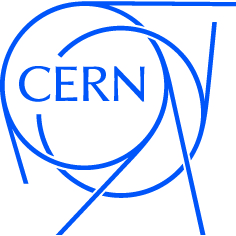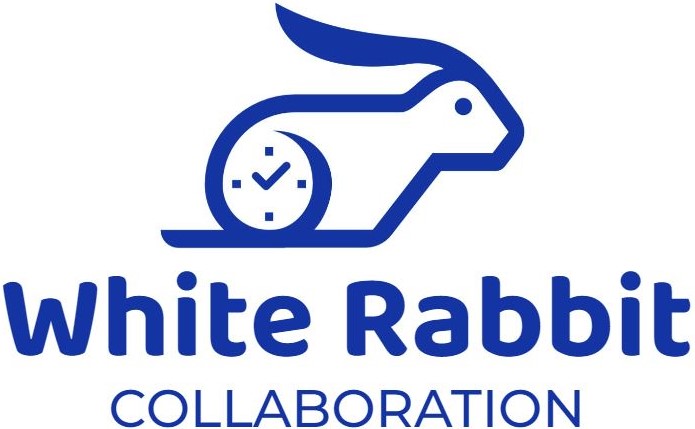
The White Rabbit Project

|
|
||
 |
The White Rabbit Project |
 |
The White Rabbit Project is a multilaboratory, multicompany and multinational
collaboration to develop new technology that provides a versatile solution for
control and data acquisition systems. The project was started within an
effort to renovate the current CERN control and timing system. Since then,
it has expanded beyond this initial application. One of the reasons for such
expansion is the open source paradigm used in the project for the development of
hardware, gateware and software. Another reason is the compatibility with
standards.
The White Rabbit Network is based on existing IEEE standards while extending these standards in a backward-compatible way if needed to meet CERN's requirement. Technically, the White Rabbit Network is a Bridged Local Area Network with VLANs (IEEE 802.1Q) that uses Ethernet (IEEE 802.3) to interconnect switches and nodes, and the Precision Time Protocol (PTP, IEEE 1588-2008) to synchronise them.
The main features of the White Rabbit Network are:
The high accuracy of synchronization in White Rabbit is achieved by extending the Precision Time Protocol (PTP, IEEE 1588-2008). This extension has been incorporated into the new 2019 revision of IEEE 1588 standard by the P1588 Working Group, see the White Rabbit Standardization project and the IEEE1588-2019 standard for more details.
|
The White Rabbit Collaboration (white-rabbit.tech) was launched in 2024. It was created to foster the uptake of the WR technology by industry and ensure a high-performance open source core. It aims to bring all stakeholders of the technology together to ensure its sustainability and continuous development. |
 |
Detailed information on White Rabbit can be found under the following links:
Updated by Maciej Lipinski, 2024-02-19